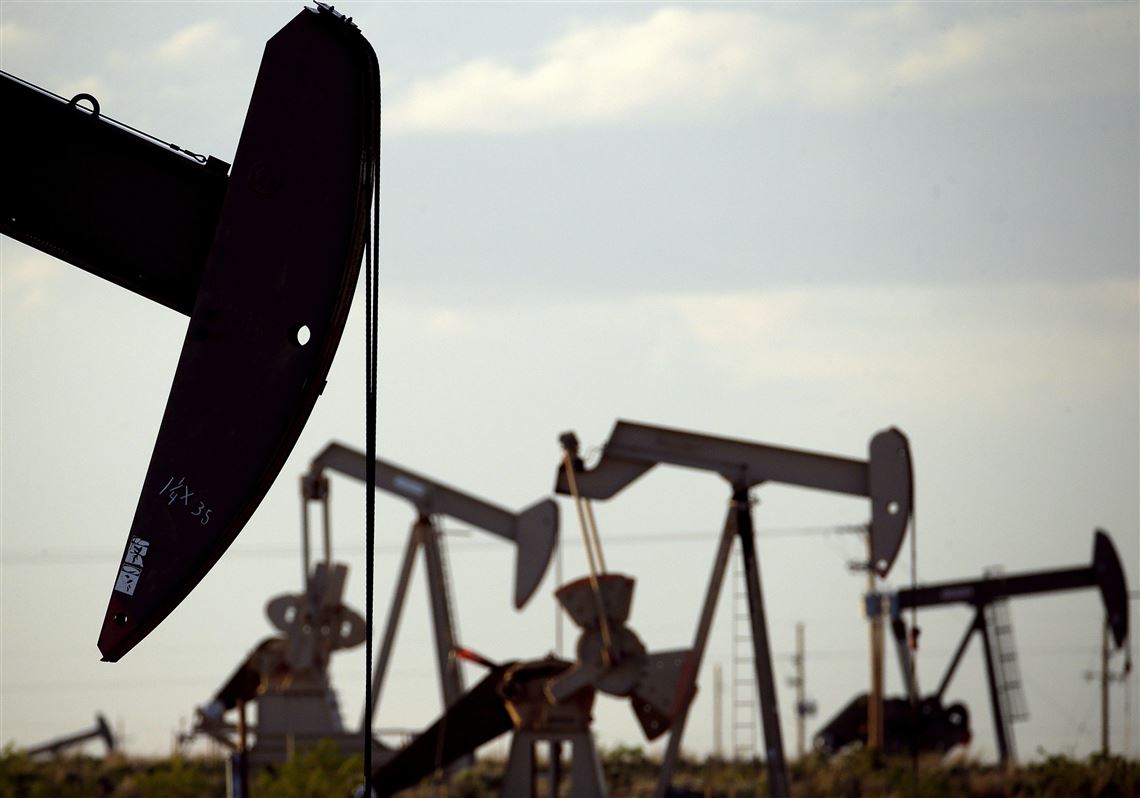As long as our society is still dealing largely with fossil fuels, we will continue to be stuck with various trade-offs, none of which bring us closer to an adequate reduction in greenhouse gasses. Some of these trade-offs are touched on in the Post-Gazette’s Sept. 29 article “Lamb to EPA Chief.”
But there must be a stand taken on methane leaks. These emissions have to go.
Methane can leak at various points in the process of drilling and processing natural gas. Methane is 86 times more potent than CO2 as a greenhouse gas over the first 20 years after it enters the atmosphere. That means hotter summers, longer hurricane seasons and more flooding. Breathing the harmful chemicals that leak alongside methane can exacerbate diseases like asthma and lead to other serious respiratory illnesses.
It’s frustrating that Environmental Protection Agency Administrator Andrew Wheeler thinks existing volatile organic compound regulations are enough to tamp down methane leaks. VOC limits were already skirted in Pennsylvania when Shell’s ethane cracker plant — currently being built in Beaver County — was allowed to get around VOC emissions limits by trading for other available credits.
We need anything that contributes to greenhouse gas formation to be held to science-based limits. Mr. Wheeler claims that oil and gas companies already have an incentive to limit methane leaks because the gas has a market value, but, unfortunately, methane leaks are seen as a cost of doing business in a billion-dollar industry. Legacy oil and gas wells from previous decades are already left behind to leak methane.
Some major industry players, such as Shell, Exxon Mobil and BP, have publicly opposed rolling back the federal regulations on methane, which tells us that these companies believe the existing standards are doable. They should be held to that standard, at least, as we work to curb greenhouse gases.
APRIL CLISURA
Greenfield
The writer is a member of Greenfield Neighbors for Clean Air.
First Published: October 15, 2019, 4:00 a.m.















